How Do I Know If I Am Eligible For Citizenship In New Jersey
The laws regarding U.S. citizenship and who is eligible are always changing and a knowledgeable Newark citizenship eligibility lawyer can help you clear up any questions you may have. Work with a lawyer like Eric M. Mark who is seasoned in the nuances of citizenship and naturalization law and could help you.
First off, the road to citizenship can be a long and complicated process that requires a lot of attention to detail and an investment of time. As a Newark citizen eligibility attorney could explain, the naturalization process is a lot more than simply making a request and waiting for an acceptance letter, there are a number of steps involved, such as gathering required documents, the N400 form, applications, fees, photographs, fingerprinting, tests and interviews. However, before a person can even get started, they need to first determine if they are eligible.
There are certain criteria that go into the question of eligibility and we have compiled most of them here. It is always best to consult with an attorney who will work directly with the U.S. Citizenship and Immigrant Service (USCIS) rather than a so-called “immigration specialist” before going down the path to naturalization. However, the eligibility requirements listed here should help clear up some of the bigger questions you might have.
Read More
Contact Us
Permanent Residence Marriages:
As a Newark attorney who is experienced in citizenship eligibility law could explain, if you have been a permanent resident of the United States for a minimum of three years and have been married (and are still currently married) to a U.S. citizen, you could be eligible for citizenship through naturalization.
U.S. Armed Forces:
If you have served in any branch of the United States Armed Forces for 3 years or more, you may qualify for U.S. citizenship. Or, if you served and performed active duty in any branch of the U.S. Armed Forces during any of the following wars, you could qualify for U.S. citizenship: World War I (1916-1917), World War II (1939-1946), Korea (1950-1955), Vietnam (1961-1978), Persian Gulf (1990-1991 or 2001-present).
Foreign Nationals:
If you are a foreign national who has maintained five years of permanent residence in the United States, you could be eligible for citizenship. The key is that you must have spent at least half of that time physically inside the United States without a period of absence that surpassed six months.
Marriage to U.S. Citizen who Died During Active Duty:
If you were married to a U.S. citizen who was in honorable active duty with any branch of the U.S. Military or Armed Forces, you may be eligible for U.S. Citizenship through naturalization.
Contractual Work for U.S. Government:
If you are under contract or an employee of the United States government and have maintained permanent residence in the United States for 5 years you could qualify for naturalization.
Priests and Ministerial Workers:
If you are a priest, minister or other worker for any religious denomination of the United States and have maintained permanent residency within the U.S. for 5 years, you may qualify for U.S. citizenship.
Served on a Vessel of the United States:
If you have served on a vessel or ship that is under the ownership or operation of the United States government and have established five years of permanent residence in the United States, you may be eligible for citizenship.
Other Marriages:
If you have been married to any of the following for a period of three years, you may be eligible for U.S. citizenship: A member of the U.S. Armed Forces, an individual under contract or who is an employee of the United States government, a worker of any number of American institutions of research that are recognized by the U.S. Attorney General, a worker or contracted individual of any number of international organizations that the U.S. is connected to through international laws or treaties, a worker for a United States-owned corporation that deals in the development of foreign trade for the U.S., or priests or ministerial workers working for religious purposes in the United States.
As a Newark citizenship eligibility lawyer, Eric Mark practices in Newark, Jersey City, Paterson, Elizabeth, Morristown, Hackensack, Hoboken, Irvington, East Orange, Union City and throughout northern New Jersey. Contact the firm today for help.
